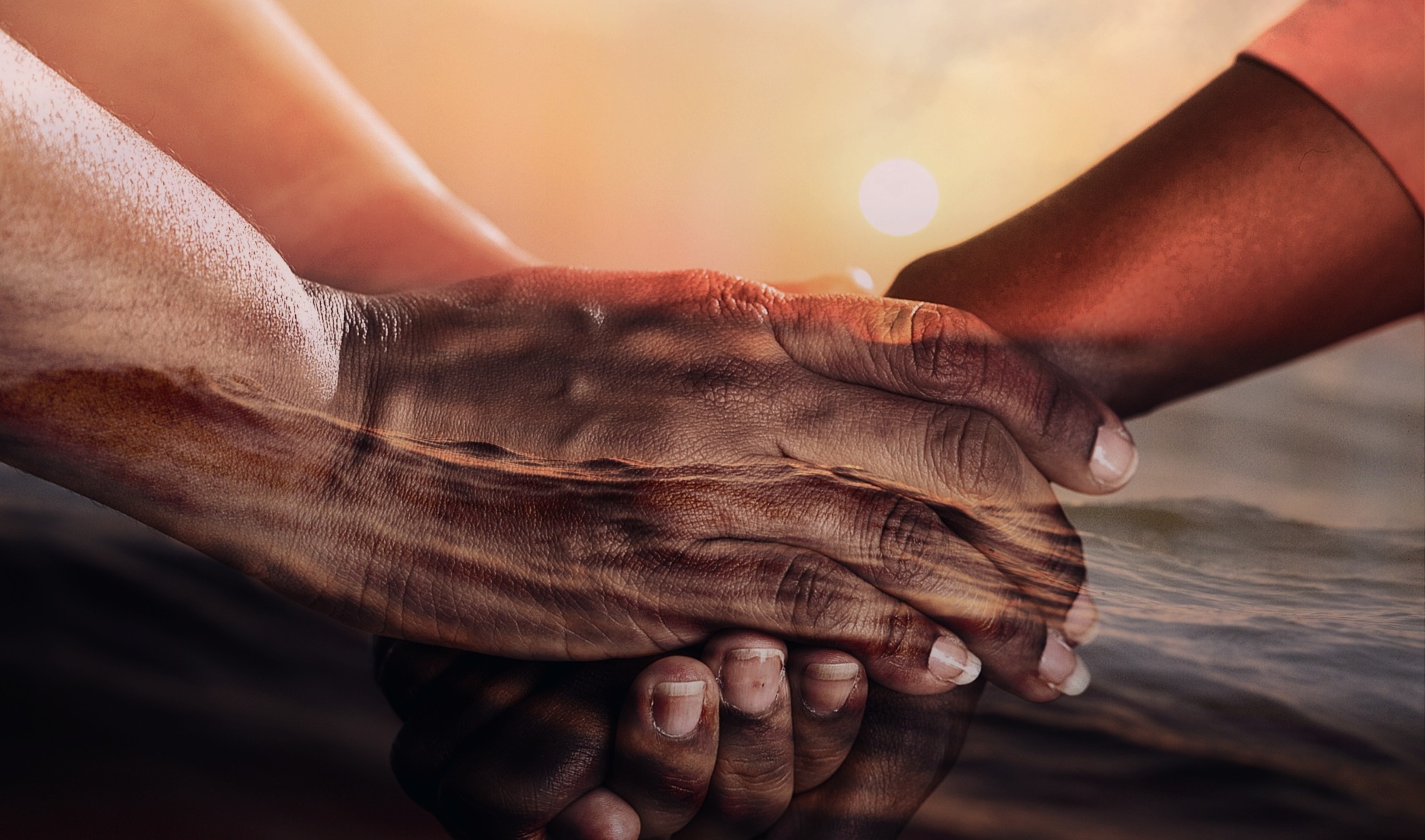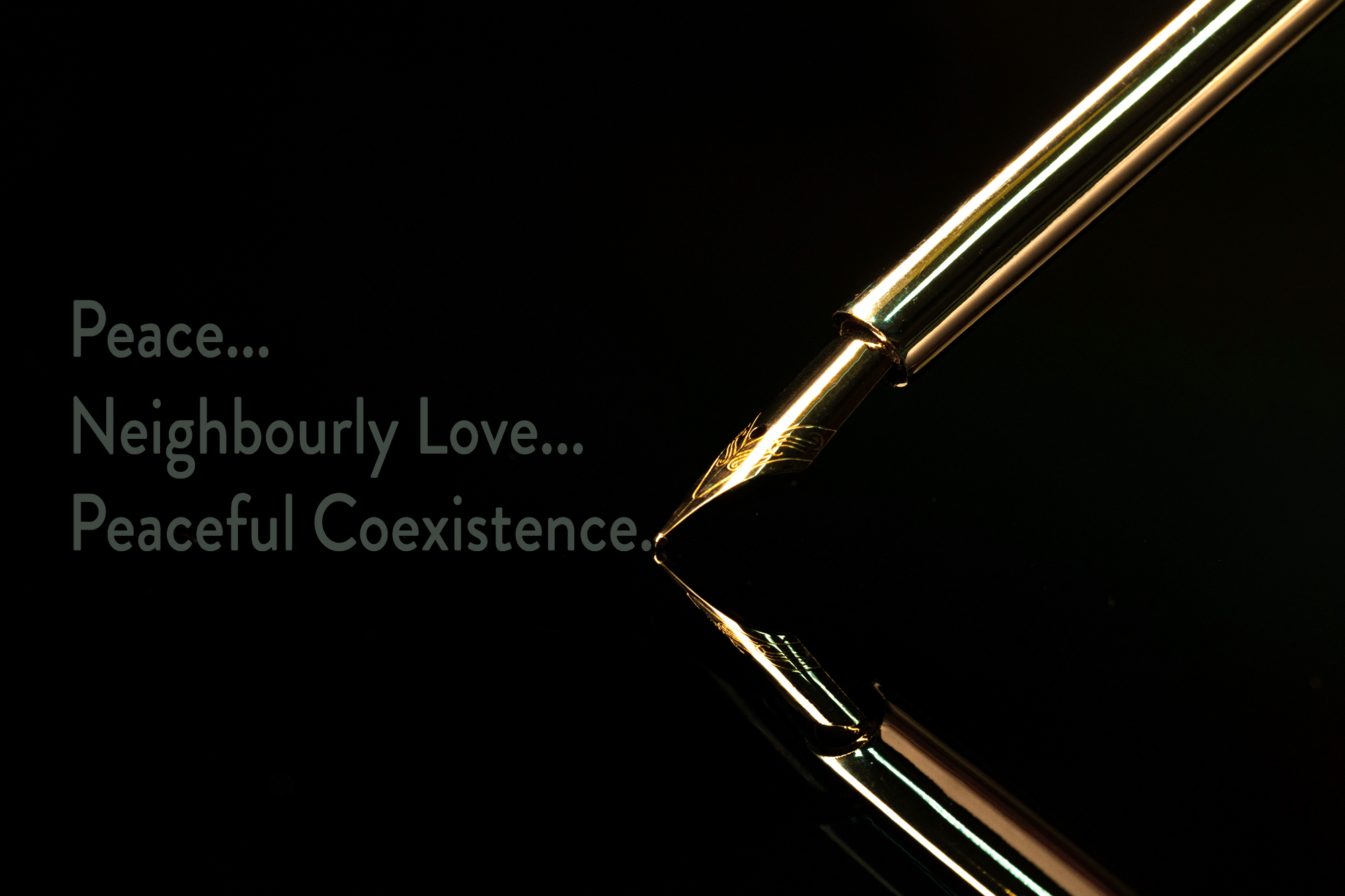
Life is full of difficulties. Often pain. Stories and fairy tales exist all around the world to confirm this, some religions incorporate the idea into the body of their texts, the bible just as well as Buddhism know about it.
These days in many parts of the world – perhaps also led astray, you might say, by modern movies and advertisements claiming the contrary – people believe that being always divinely happy and fine is a matter of reaching a goal of wealth and ultimate acceptance. Fast. And stay with it.
It is different altogether: Erich Kästner, famous German poet of the 20th century, put it like this:
“Es gibt nichts Gutes außer man tut es.” (There is no good except for what you do.)
I wondered in the course of my life what he could mean. There is nothing good in the world…except for what we do?
One day I realized:
Kästner means the idea of ‘goodness’, of ‘good’ vs ‘bad’, is human.
Doing the good things makes them become real.
I felt a lot like that during my life, which has been full of experience. I’ve seen sadness, impaired health, death and – health restored. People on the flight from war and political oppression.
Buddhism has another way of putting it, put in my own words here:
Life is full of pain. We are asked to reduce it, here and now, wherever we are at a given time. If ever possible.
That’s how it becomes bearable, again.
In everyday life this can mean that we look at what is fine – and let people know about it.
Whining as opposed to crying or weeping, I’d like to stress here as well: Emotions need to be released too, be that anger, sadness or frustration.
After that:
If things are not working out yet, do not make a lot of fuss and whine – but find solutions – and start ‘doing’.
